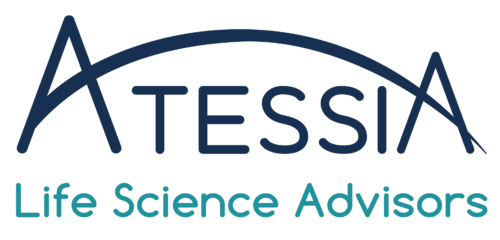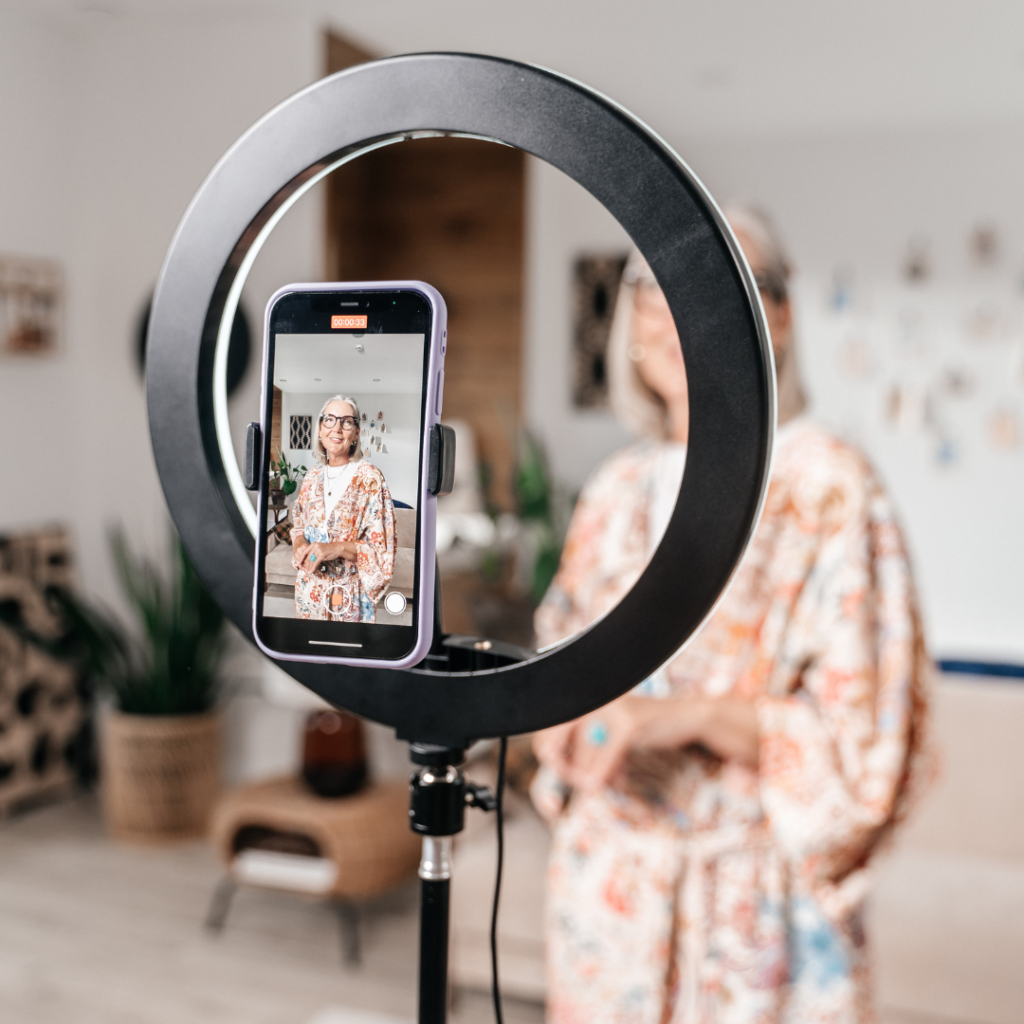Law No. 2023-451 dated June 9, 2023, which aims to regulate commercial influence and combat abuses by influencers on social media platforms, not only defines the concept of an “influencer”, but also introduces the notion of an “influencer’s agent”.
What is an Influencer?
Influencers are any “(…) natural or legal persons who, for a fee, mobilize their reputation among their audience to disseminate content to the public via electronic means. Their goal is to promote either directly or indirectly, goods, services or any cause. They engage in the activity of commercial influence through electronic means” (Article 1).
Examples include a patient, a healthcare professional or a person with a strong reputation.
What is an Influencer Agent?
” I. – An influencer agent’s role is to represent, for a fee, either natural or legal persons engaged int the activity of commercial influence through electronic means as defined in Article 1. This representation involves liaising with other natural or legal persons, and if relevant, their representatives, to promote goods, services or any cause, also for a fee.
II. – Individuals who undertake the activity defined in Section I of this article must take all necessary measures to safeguard f the interests of those they represent, to avoid situations that might lead to conflicts of interest and to ensure their actions align with the stipulation of the current law (Article 7).
What are the Law’s Obligations?
Supervision of Sponsored Content:
This law creates an obligation for influencers to report any sponsored content. Specifically, any promotion of goods, services or a cause of any kind carried out by an influencer must systematically include the mention “Advertising” or “Commercial collaboration”. This mention must appear clearly, legibly and identifiably on the influencer’s image or video, whatever its format and for the entire duration of its broadcast.
- Supervision of Published Visuals:
Images should be labelled as “Retouched Images” if they undergo processing to slim or thicken a silhouette or modify face appearance.;
Images should be labelled as “Virtual images” if any artificial intelligence process has been used to generate or modify a face or silhouette.
- Supervision of Dropshipping Activities:
Influencers are obliged to provide the buyer with all pre-contractual information related to a distance sales agreement. This includes the identity of the supplier and confirmation of product availability. Failure to provide this information can result in influencers being held accountable.
What is Prohibited?
Direct or indirect promotion of the following products and services is prohibited:
- Aesthetic procedures, processes, techniques, and methods referred to in Article L. 1151-2 of the French Public Health Code, as well as interventions referred to in Article L. 6322-1 of the same code (including aesthetic medical devices (DMs) listed in Annex XVI of Regulation 2017/745 MDR);
- Procedures, processes, techniques, and methods presented as comparable to, preferable over or substitutes for therapeutic procedures, protocols, or prescriptions;
- Products considered as nicotine-based that can be consumed and are made, even partially, of nicotine.
What are the Penalties?
Violators may face a fine of up to 300,000 euros and a prison sentence of up to 2 years. To ensure consumer protection, a dedicated team has been set up within the DGCCRF (a French authority, Direction Générale de la Concurrence, de la Consommation et de la Répression des Fraudes), and reports can be submitted via the Signal conso website.
Existing sanctions are reinforced and graduated. The following acts are punishable:
- Failure to indicate the advertising nature of a video or photo posted by an influencer is now considered a misleading commercial practice;
- Promotion of a prohibited or regulated product carries the same penalties as online advertising;
Additionally, the authorities have been granted a new power of injunction with penalties. This allows them to compel an influencer to remove non-compliant content or for platforms to suspend the influencer’s account promptly.
Judges and supervisory authorities will tailor penalties according to the severity of the act.
What About Drugs and Medical Devices?
The promotion of medicines to the general public is regulated by the French Public Health Code. With the exception of class I or IIa medical devices, the promotion of a drug, medical device or IVDD to the general public based on a recommendation from people who, through their reputation, can encourage the consumption of the product in question, such as influencers on social networks, is already prohibited by the Public Health Code.
Need assistance in managing influencer communication under contract with your laboratory? Our expert consultants are available to discuss your concerns.
Article written by Zarine RAMJAUNY, Junior Legal Consultant

